Learn about the Union Public Service Commission (UPSC) and its history, functions, and examination details. Discover eligibility criteria, exam patterns, notable officers, and tips for clearing the UPSC Civil Services Exam.
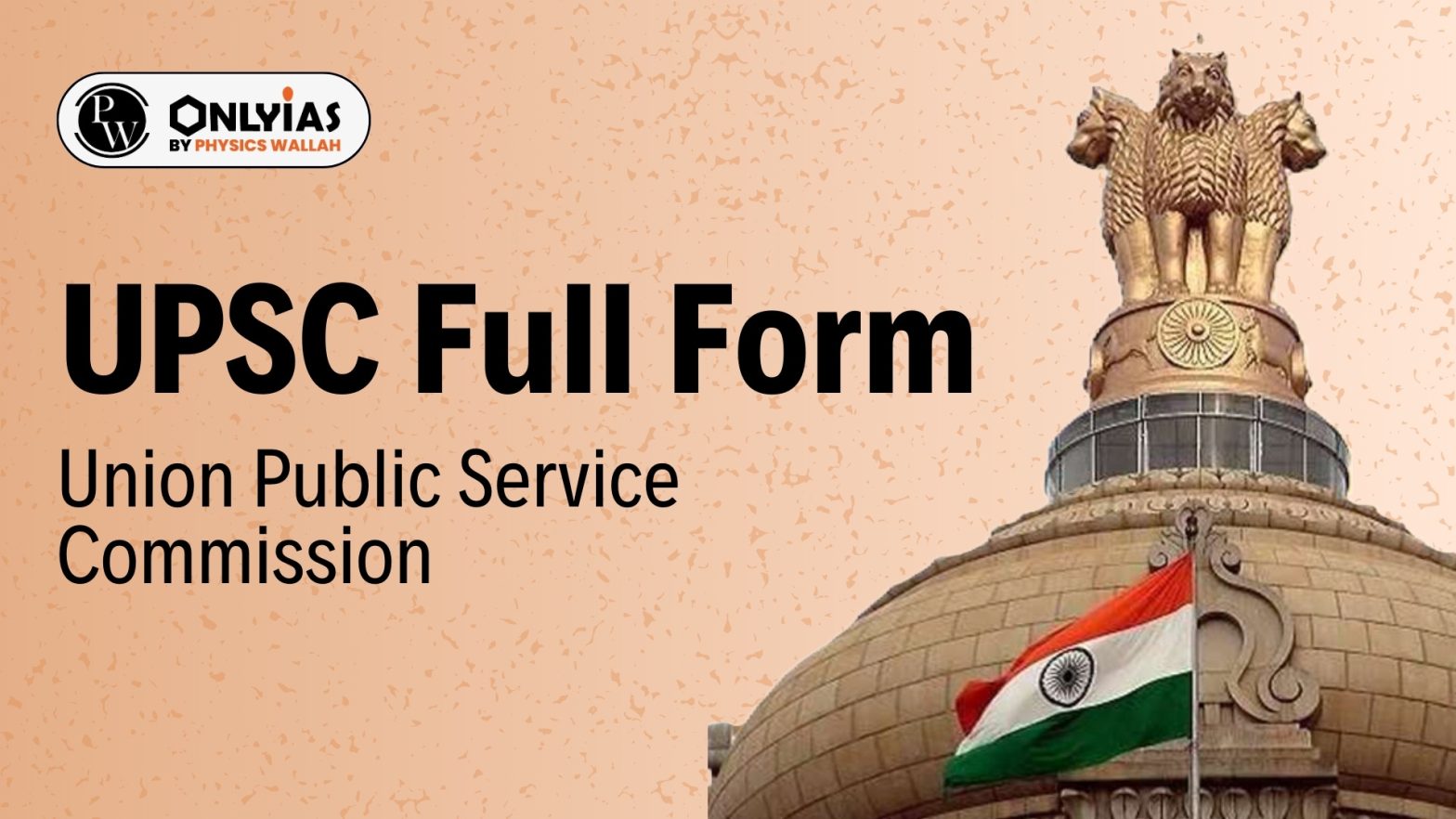
UPSC Full Form is Union Public Service Commission and It is a constitutional body which conducts direct recruitment of officers to the All India Services and the Central Civil Services by conducting examinations and appoints officers in various Services and Group A post under the Government of India.
UPSC Full Form: History
The Union Public Service Commission (UPSC) was created on October 1, 1926, under the Government of India Act, 1919, and the strong recommendations made by the Lee Commission in 1924. However, its powers were limited as it only possessed advisory functions.
Although UPSC was created in Colonial Era but it has evolved from there to present times where it serves at top Bureaucratic level. Let us see the various phases of evolution of UPSC:
Union Public Service Commission conducts various exams at Group A level to various government departments at central level and at state level. Let use see what each letter signifies of UPSC.
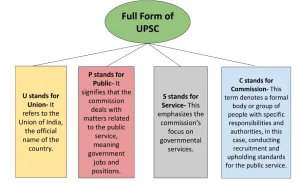
Union Public Service Commission conducts various exams which includes exams for recruitment of Officers at National Defence Academy and Officers at Indian Armed Forces. List of various exams conducted by UPSC are:
The Union Public Service Commission (UPSC) works as a recruiting agency for Group A Officers for the Government of India. UPSC has given the authority to conduct examinations for various civil services posts under the Government of India. In this context let us see the main functions of UPSC:
As mentioned above UPSC conducts Civil Services Exam which involves multiple stages. Let us see an overview of the Civil Services exam pattern of civil services exam and criteria for Civil Services.
The UPSC exam also known as Civil Services Examination (CSE) is also known as the is a highly prestigious and competitively tough exam conducted by the Union Public Service Commission (UPSC) in India. Officers recruited through this exam get selected for various All India Services (AIS) and Central Services Group A & B posts in the government.
UPSC specified the eligibility criteria for the Civil Services Exam along with citizenship/nationality criteria, eligibility to appear, and eligible age criteria for candidates. For example:
UPSC has clearly mentioned the age criteria and number of attempts for the candidates who are going to appear in the Civil Services Examination. There is a provision of age relaxation for reserved categories and there is relaxation in the number of attempts for UPSC for various categories. Let us see the age relaxation for each reserved category.
The minimum age limit to appear for the IAS exam is 21 years and the maximum age to appear in IAS Exam is 32. There is Upper Age relaxation for various categories.
| OBC | 3 years |
| Defence Service Personnel | 3 years |
| SC/ST | 5 years |
| Ex-Servicemen | 5 years |
| Deaf/Mute/Blind/Orthopedically Handicapped | 10 years |
The aspiring candidate should graduate from a university registered under or recognised by the Government. Candidates who are in their final year of their graduation can also apply for the examination.
There is a distinct number of attempts that are assigned to the following categories of candidates.
| General | 6 Attempts |
| OBC | 9 Attempts |
| SC/ST | No fixed limit, Any number of attempts can be made by the SC/ST candidates until the candidate reaches the maximum age limit for the examination, i.e, 32 years. |
| Economically Weaker Section | 6 Attempts |
| Person With Benchmark Disability | 9 Attempts |
| Defence Service Personnel | 9 Attempts |
The Civil Services Examination (CSE) examination is conducted by the Union Public Service Commission (UPSC). The pattern of UPSC exam is three stages based or we can say it is conducted in three stages: Preliminary Examination, Mains Examination, and Personality Test.

| Stage of Exam | Specification | Total Marks Allotted |
| Prelims |
|
400 marks |
| Mains |
|
1750 marks |
| Personality Test |
|
275 marks |
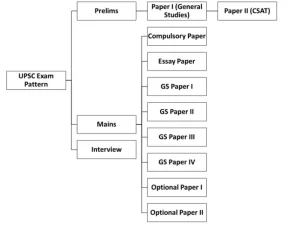
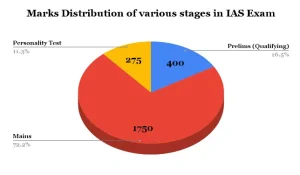
The UPSC Civil Services Exam (CSE) tests a range of skills of candidates at various stages of the UPSC CSE Exam which are Prelims, Mains, and Interview stages. Each stage of this exam requires different skills while building upon the foundation laid in previous stages. Here’s a breakdown:
Officers selected by UPSC either get into All India Services or various other Group A services. These newly recruited officers are trained to play a crucial role in the governance of India. Their contributions are multifaceted and can be attributed to various aspects of administration, policy, and development, making them a pillar for the better functioning of the bureaucratic system and implement good governance at the gorund level. Let us see the contribution of IAS Officer in Governance:
The UPSC Civil Services Exam (CSE) is considered one of the toughest exams in the world, attracting some of the brightest minds in India. Here are a few notable individuals who have cleared the UPSC CSE and made significant contributions to public service:
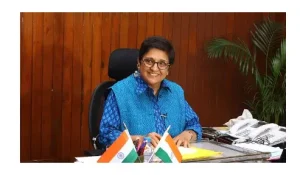
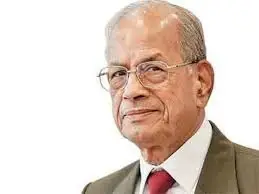
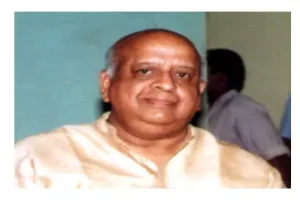
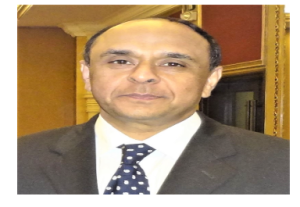
These are just a few examples of the many individuals who have cleared the UPSC CSE and made a positive impact on India. Their stories serve as an inspiration to aspiring civil servants across the country.
The contributions of Civil Service officers are vast and diverse, spanning various fields of public service. Here are some general categories of their contributions:
|
Must Read |
|
| NCERT Notes For UPSC | UPSC Daily Current Affairs |
| UPSC Blogs | UPSC Daily Editorials |
| Daily Current Affairs Quiz | Daily Main Answer Writing |
| UPSC Mains Previous Year Papers | UPSC Test Series 2024 |
The Union Public Service Commission (UPSC) administers a yearly test known as the Civil Services Examination (CSE). This assessment is often referred to as the UPSC Exam or IAS Exam. Candidates must submit their applications for the UPSC Exam online through the website http://www.upsconline.nic.in.
During their training, IAS officers receive a stipend based on the 7th CPC recommendations known as Special Pay Advance. At LBSNAA, an IAS officer is entitled to a monthly stipend of Rs 45,000, out of which Rs 38,500 is the amount they receive directly. Rs 10,000 is deducted to cover expenses such as food, accommodation, and transportation.
The job of an IAS officer can be extremely varied, but as the name suggests, it’s mostly to do with administrative and management-related works, such as advising ministers about issues, policy formulation, maintenance of law and order, implementation, and monitoring of policies, revenue collection, etc.
Absolutely, you can find the Previous year's question papers available for download on official website.

<div class="new-fform">
</div>